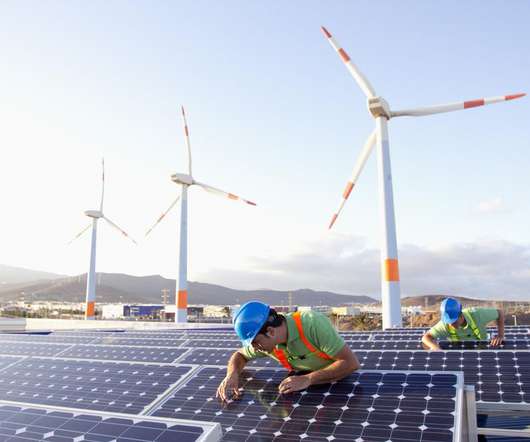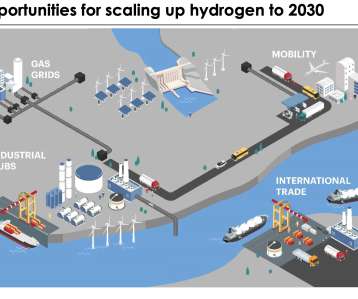DOE launches Cadmium Telluride Accelerator Consortium; making CdTe solar cheaper and more efficient
Green Car Congress
AUGUST 2, 2022
The US Department of Energy (DOE) launched the Cadmium Telluride Accelerator Consortium (CTAC) —a $20-million initiative designed to make cadmium telluride (CdTe) solar cells less expensive, more efficient and develop new markets for solar cell products. Enable cell efficiencies above 26% and module costs below $0.15/W



































Let's personalize your content